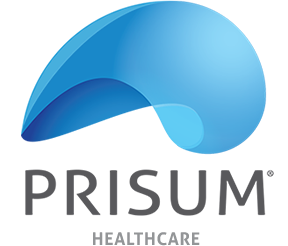Food sources rich in selenium
Selenium is an essential trace mineral found in foods, including crab, fish, poultry, wheat, Brazil nuts, bananas, eggs, ham, pork meat, beef meat, turkey, chicken, cottage cheese, brown rice, sunflower seeds, baked beans, mushrooms, oatmeal, spinach, milk, yogurt, lentils and cashews.
Some people with certain health conditions may have difficulty absorbing selenium.
The amount of selenium in soil varies, and foods grown in different soils have different selenium levels.
Other names
Selenious acid, selenium methylselenocysteine, selenomethionine, sodium selenite
ProHumano+ products containing Selenium
Did you know?
One of the most common pain condition in urban Romanian population aged 20-55 years old experience is the back pain (62%).
affects
Information source:
GfK 2013 report "Prevalence of pain among Romanian population: headaches, back and dental pain are the most common ones". The even distribution of back pain across all age groups, from ages 20 to 55, is alarming.













